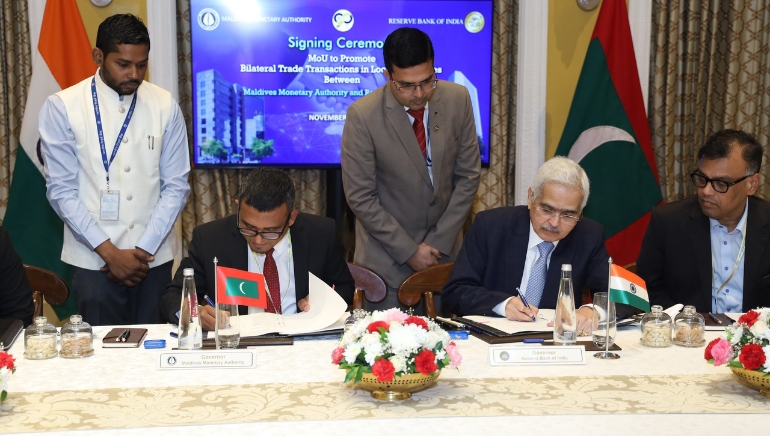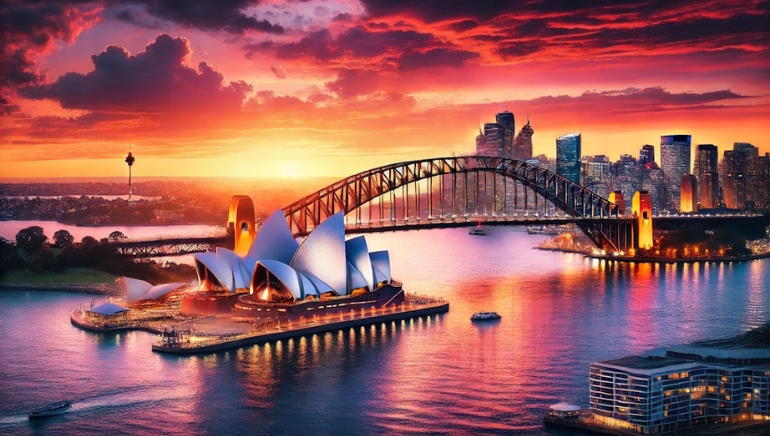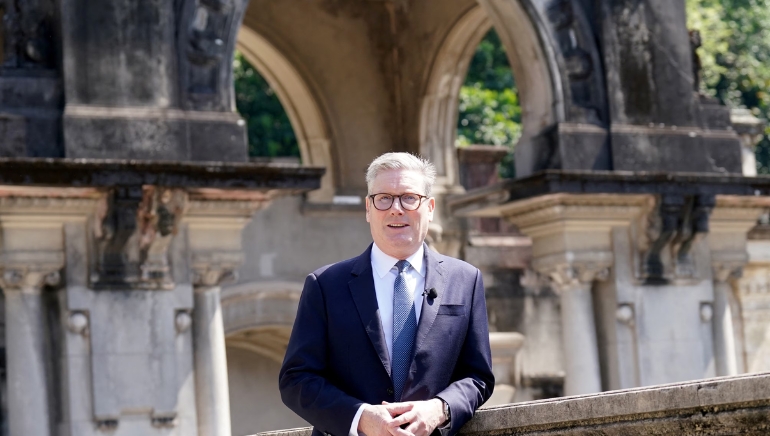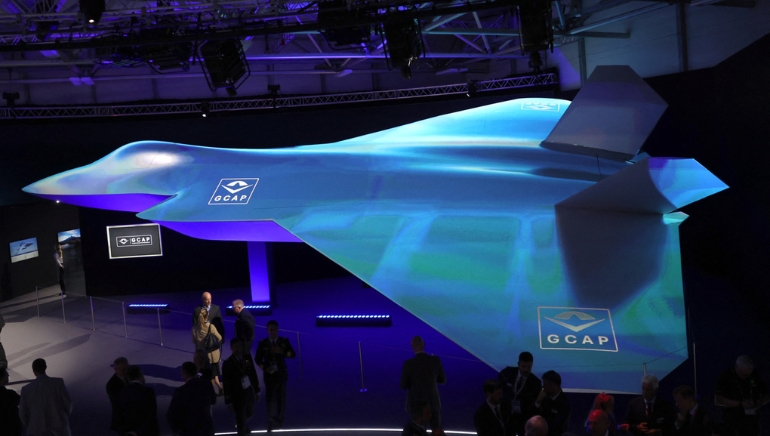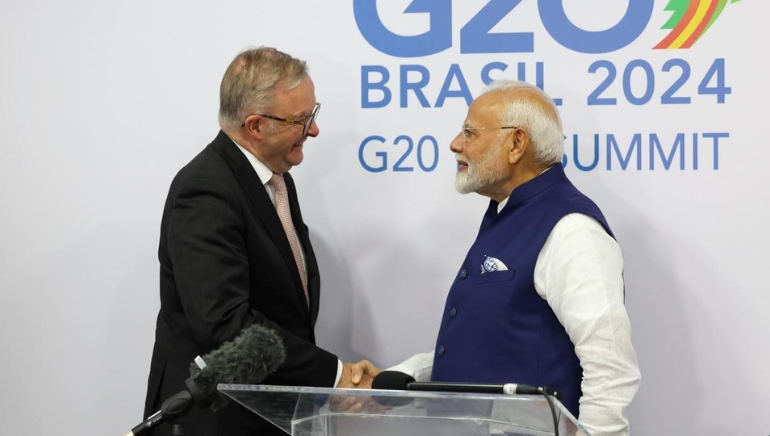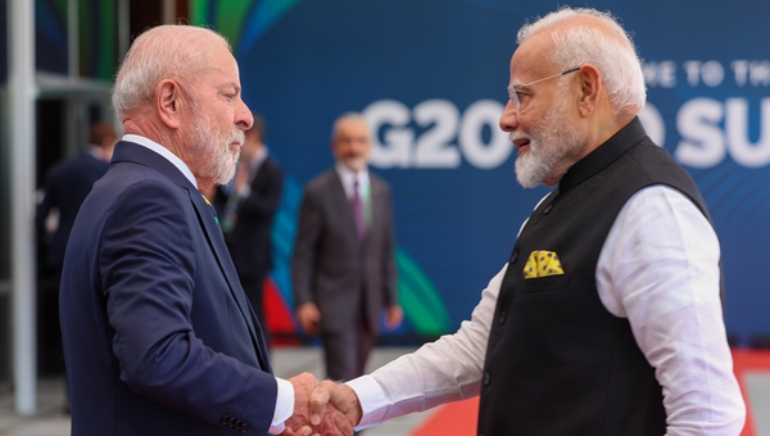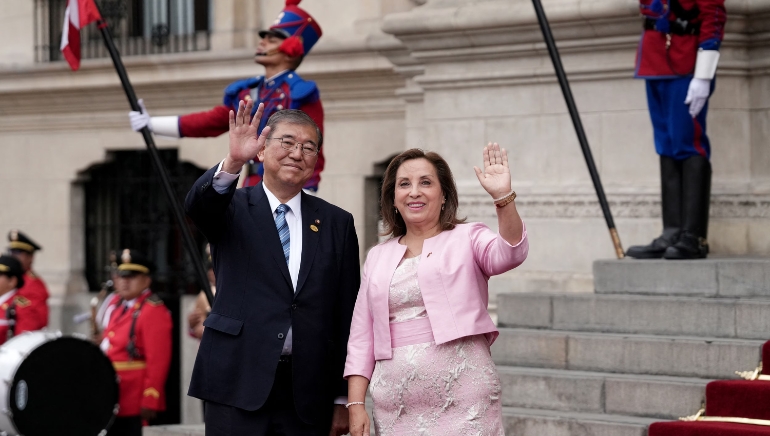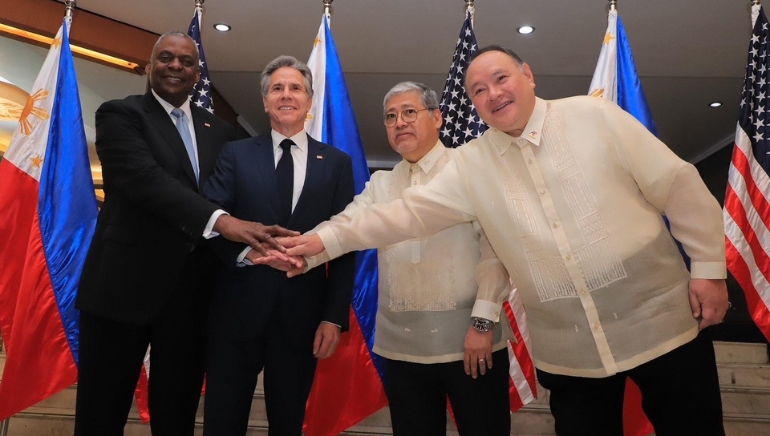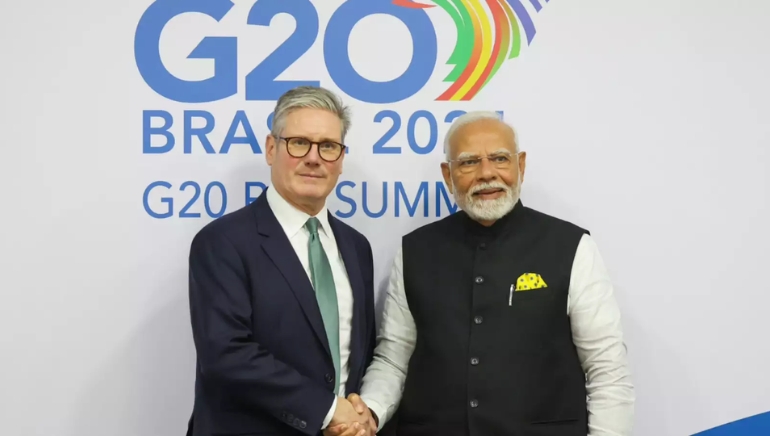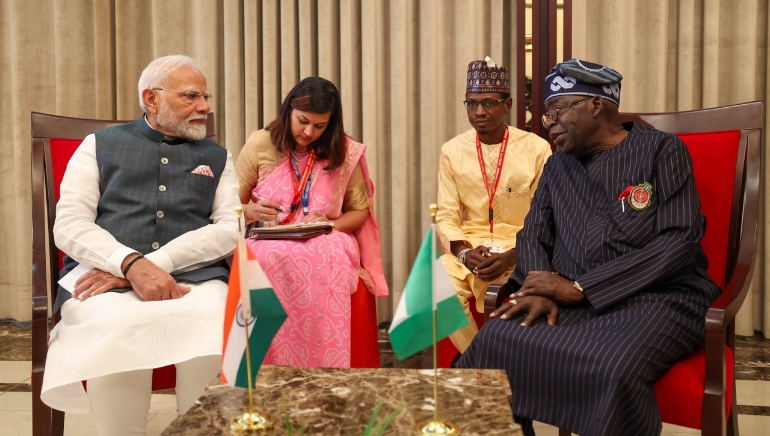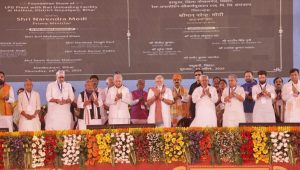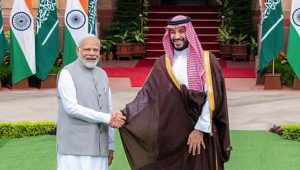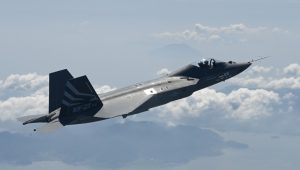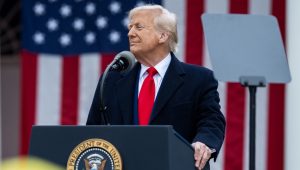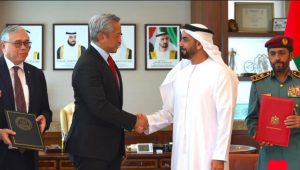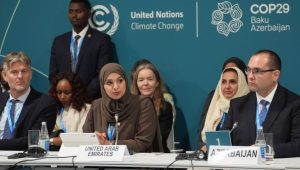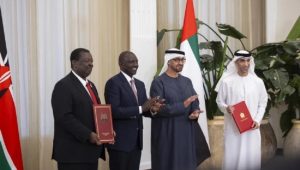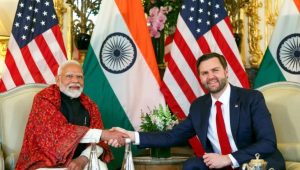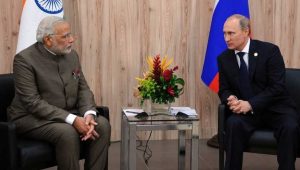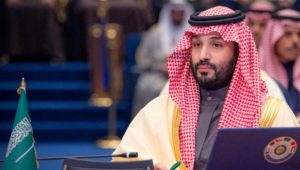The Reserve Bank of India (RBI) and the Maldives Monetary Authority (MMA) have signed a Memorandum of Understanding (MoU) to establish a framework promoting the use of local currencies – Indian Rupee (INR) and Maldivian Rufiyaa (MVR) – for cross-border transactions. This initiative seeks to streamline trade between the two nations by allowing exporters and importers to invoice and settle transactions in their respective domestic currencies.
The framework is expected to encourage the development of trading in the INR-MVR pair in the foreign exchange market. By adopting local currencies, both countries aim to reduce transaction costs, minimize reliance on third-party currencies, and cut down settlement times, the RBI said in an official statement. This move aligns with broader efforts to enhance regional economic integration and reduce external financial dependencies.
RBI Governor Shaktikanta Das and MMA Governor Ahmed Munawar signed the MoU, which marks a significant step toward strengthening bilateral trade ties and fostering economic cooperation. With this agreement, India and the Maldives are poised to deepen their economic partnership while facilitating smoother financial transactions, promoting efficiency, and supporting the growth of trade relationships between the two nations.





